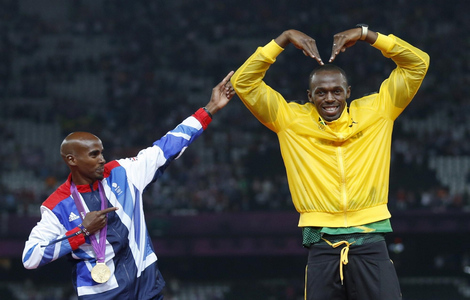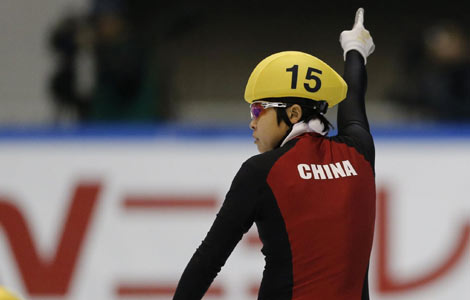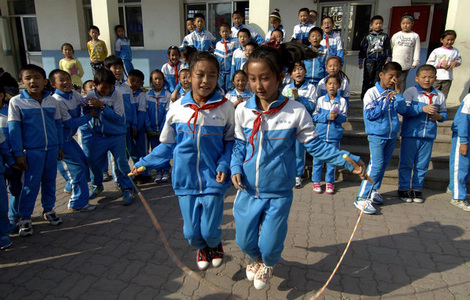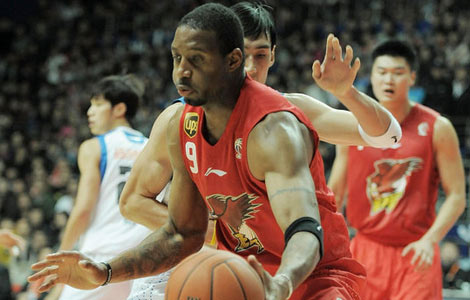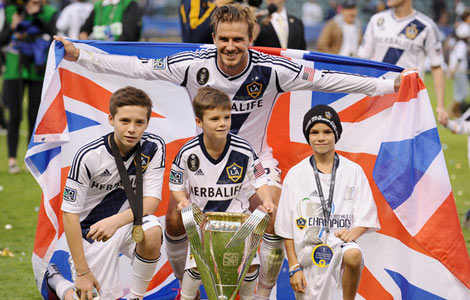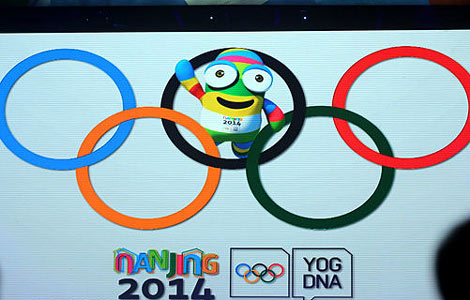
KIEV - Five years ago when Ukraine, along with Poland, clinched the right to host the Euro 2012 soccer tournament, not so many expected that the two neighbors would pull it off.
A number of skeptics even doubted whether the event could bring at least some kind of benefit to Kiev and Warsaw, calling it a "heavy burden" to the budgets of the two East European economies.
June has seen an amazing football gala, however, and the event has been a great boost to local tourism, blowing all suspicions away.
Tourism windfall
Euro 2012, one of Europe's most important sporting events, has attracted more than 1 million overseas visitors to Ukraine. Fans have spent nearly $1 billion on hotels, transportation, food, entertainment and clothing, according to preliminary reports.
The country's hotel industry saw an increase in business of nearly 30 percent with total revenues estimated at $4.5 million.
Private landlords also benefited from the events. According to local economists, the demand for apartments in the host cities increased nearly quadrupled and rental yields amounted to $7 million.
Retail sales are also booming thanks to the lavish spending of foreign fans. Sales in the major shopping malls in the host cities have increased 6 percent since Euro 2012 began, according to Ukraine's trade association.
The European Championships have been good, too, for the majority of the cafe and restaurant owners as the number of visitors increased 20 percent during the matches.
Reputation improved
Though fears of violence haunted some ahead of the tournament, the event has gone off without a hitch, with many fans considering it a great success.
Ukraine has impressed foreign visitors by presenting them a civilized and modern country with good infrastructure, high-level service and well-maintained public order.
That was totally different from what many thought it would be, a number of fans said in surprise, adding that before the tournament, they considered Ukraine as a country with a poor economy and high crime rates.
On top of that, the kindness and hospitality of Ukrainians also impressed visitors, polishing the country's reputation around the world.
Before leaving, Dutch football fans went on a march across the host city of Kharkov with posters reading "Thank you, Kharkov." Swedish fans did the same for Kiev. Some of them even cried before leaving.
Long-term effect
Euro 2012 may not only inject an impetus into the country's economy, but exert positive influence on the nation's psyche in the long run.
During the four-year build-up, Ukraine significantly upgraded its infrastructure, particular its roads, airports and hotels, and tremendously improved the well being of the Ukrainian people.
The matches were the biggest chance in the country's modern history to show the nation's diversity and great prospective. Therefore, the psychological effect of Euro 2012 is as important as the economic one.
If development of the country does not end with the last whistle in the final match in Kiev on July 1, if the stadiums do not become "white elephants," Ukraine for sure will gain a lot from Euro 2012.
The progress of the Ukrainian economy during the championship is evident, and the question now for Kiev is how to build on that progress and march forward.
